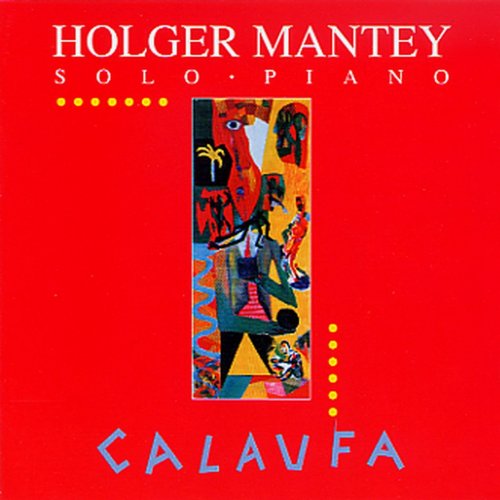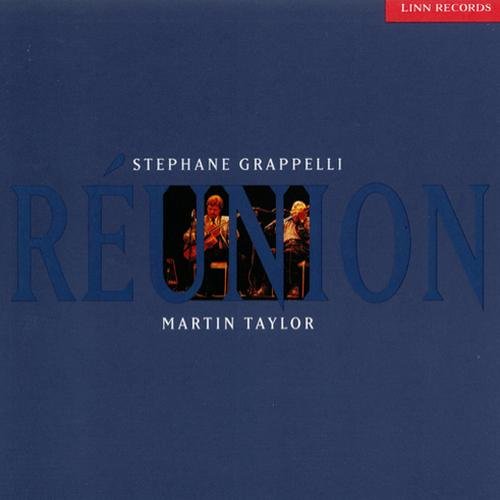Barry Goldberg - Barry Goldberg & Friends (1991)
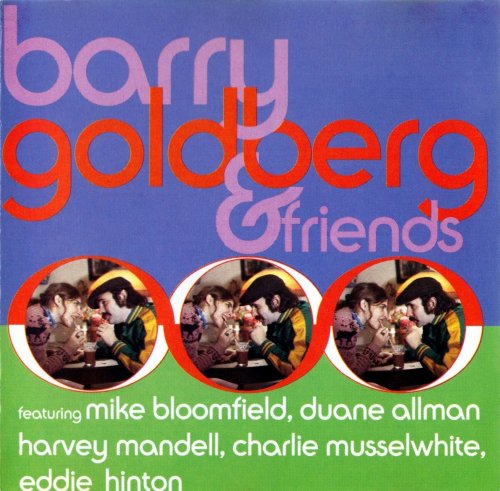
Artist: Barry Goldberg
Title: Barry Goldberg & Friends
Year Of Release: 1991
Label: Sequel Records nex cd 160
Genre: Blues, Blues Rock
Quality: FLAC (tracks+.cue,log,scans)
Total Time: 01:03:00
Total Size: 399 mb
WebSite: Album Preview
Tracklist:Title: Barry Goldberg & Friends
Year Of Release: 1991
Label: Sequel Records nex cd 160
Genre: Blues, Blues Rock
Quality: FLAC (tracks+.cue,log,scans)
Total Time: 01:03:00
Total Size: 399 mb
WebSite: Album Preview
01. That's Allright Mama 02:47
02. Maxwell Street Shuffle 02:28
03. Hole In My Pocket 02:52
04. It Hurts Me Too 04:15
05. You're Still My Baby 03:21
06. On The Road Again 01:59
07. Sittin' In The Circles 03:43
08. Capricorn Blues 01:56
09. A Lighter Blue 02:41
10. Twice A Man 04:30
11. Fool On A Hill 03:21
12. Sugar Coated Love 02:38
13. Strung And Young 03:18
14. The Answers In Your Head 03:27
15. I Think I'm Gonna Cry 03:22
16. Jimi The Fox 02:30
17. Another Day 03:29
18. Blues For Barry And ... 10:14
Barry Goldberg's discography of rock jamming, recorded back when Phish and other participants in the jam band scene weren't even twinkles in anyone's eye, is an incoherent jumble of repackagings, reissues, and albums with similar titles. There may not be a single one of these albums that actually has correct credits for the instrumentalists involved; Mike Bloomfield, for example, often hides behind a pseudonym because of this or that piece of paper he signed. A simple rule may help in the location of the best of this material. If there are not that many songs, and the individual tracks are quite long, that's a good sign. If there are lots of titles, and lots of blues titles, then don't bother with it. Which brings us to this album, which from the look of its original cover was simply dumped on the market without much care or consideration. A contest between two album cover designers over who can finish an entire layout, including credits, before the coffee gets cold may have been behind the cover. The name of the bassist is left out in the process. Or is Bloomfield playing bass while Harvey Mandel is soloing, and the other way around? There are five songs in the program, two of them not much over four minutes and the rest at some kind of jam length, especially the 12-and-a-half-minute "I Got to Love My Woman." The shorties are straight blues, and are the low points of the set. The beat is not happening on the opening "Sweet Home Chicago"; it might be worth suggesting that the organist check out some records of Chicago blues to see how it should sound, but such a comment would be totally obnoxious. Surely Goldberg has listened to more records of that type of music than any music critic.
The jamming is where things really take off. Goldberg has a sound of his own on the organ and is always going somewhere interesting in his solos, provided he can keep the eager guitarists out of his way. As in his work with the Paul Butterfield Blues Band, Bloomfield uses the jams as a chance to stretch away from his B.B. King style, which is also on display, complete with bent-string elaborations that are practically byzantine. Mandel has much more personality in his playing, and is something of a master in terms of unusual tone colorings. Nonetheless, drummer "Fast" Eddie Hoh completely steals the long jam with a solo that hints at the mystery of why there are so many people in the music business with the nickname of "Fast Eddie," sounding like at least three of them are on-stage playing the drums. "Mess 'a da' Blues" is another long jam, a stock slow blues feature in which the guitarists get to chop at each other. Tracks such as this do have an appeal, but it is blues in name only; the track has no real emotional content the way an actual blues song would, and because of the athletic guitar calisthenics becomes not much more than a display of technique. The original release had no songwriting credits for any of the material.
The jamming is where things really take off. Goldberg has a sound of his own on the organ and is always going somewhere interesting in his solos, provided he can keep the eager guitarists out of his way. As in his work with the Paul Butterfield Blues Band, Bloomfield uses the jams as a chance to stretch away from his B.B. King style, which is also on display, complete with bent-string elaborations that are practically byzantine. Mandel has much more personality in his playing, and is something of a master in terms of unusual tone colorings. Nonetheless, drummer "Fast" Eddie Hoh completely steals the long jam with a solo that hints at the mystery of why there are so many people in the music business with the nickname of "Fast Eddie," sounding like at least three of them are on-stage playing the drums. "Mess 'a da' Blues" is another long jam, a stock slow blues feature in which the guitarists get to chop at each other. Tracks such as this do have an appeal, but it is blues in name only; the track has no real emotional content the way an actual blues song would, and because of the athletic guitar calisthenics becomes not much more than a display of technique. The original release had no songwriting credits for any of the material.
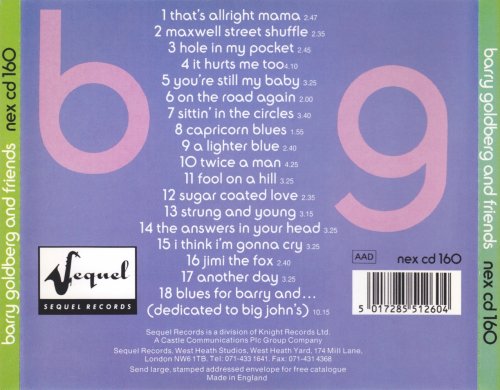
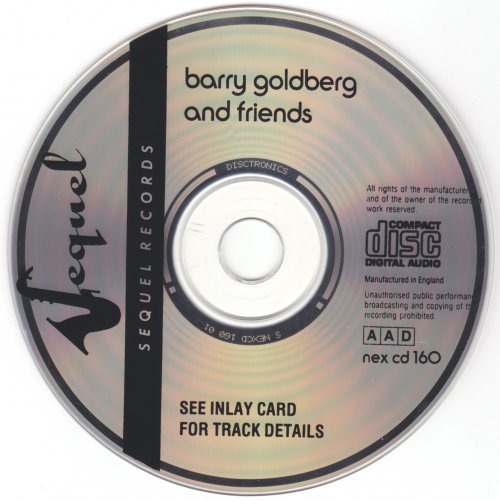
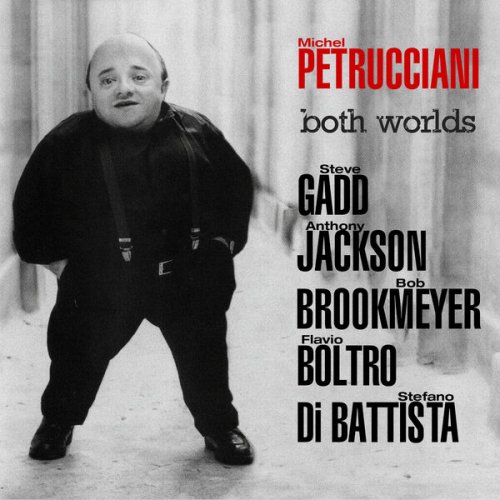
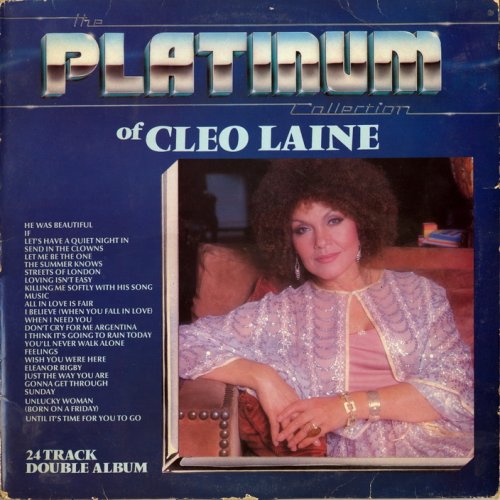
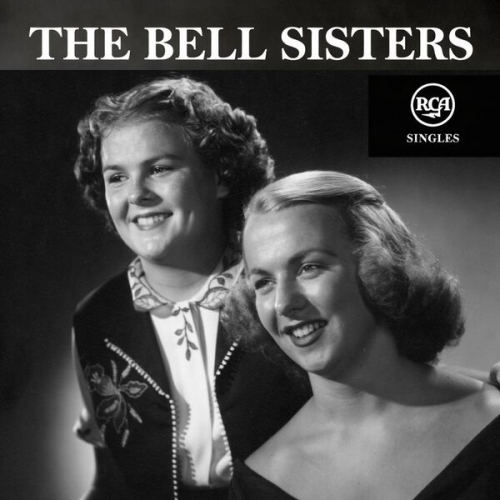
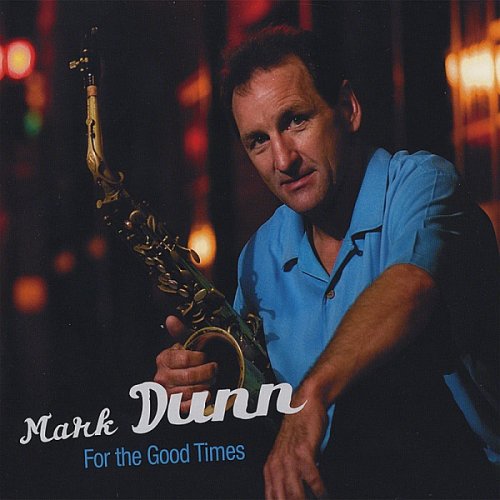
![Alexander Wienand - Strangers (2026) [Hi-Res] Alexander Wienand - Strangers (2026) [Hi-Res]](https://www.dibpic.com/uploads/posts/2026-02/1772172636_cover.jpg)
![The Mood Mosaic & Fausto Papetti - Bésame (Y Haz De Mi Cuerpo Tu Reino) (2026) [Hi-Res] The Mood Mosaic & Fausto Papetti - Bésame (Y Haz De Mi Cuerpo Tu Reino) (2026) [Hi-Res]](https://www.dibpic.com/uploads/posts/2026-02/1772125285_cover.jpg)
![Mark De Clive-Lowe, Andrea Lombardini and Tommaso Cappellato - Dreamweavers II (2026) [Hi-Res] Mark De Clive-Lowe, Andrea Lombardini and Tommaso Cappellato - Dreamweavers II (2026) [Hi-Res]](https://www.dibpic.com/uploads/posts/2026-02/1772112550_tl3tb7yl8u13z_600.jpg)
